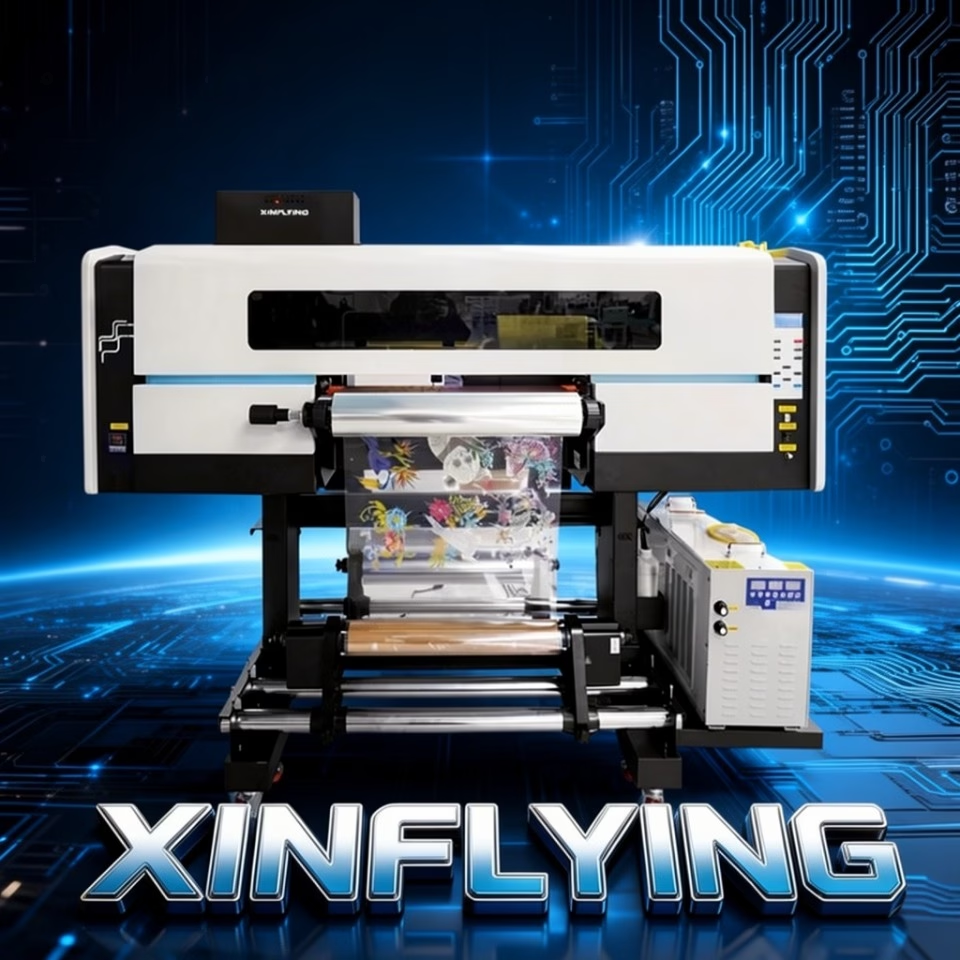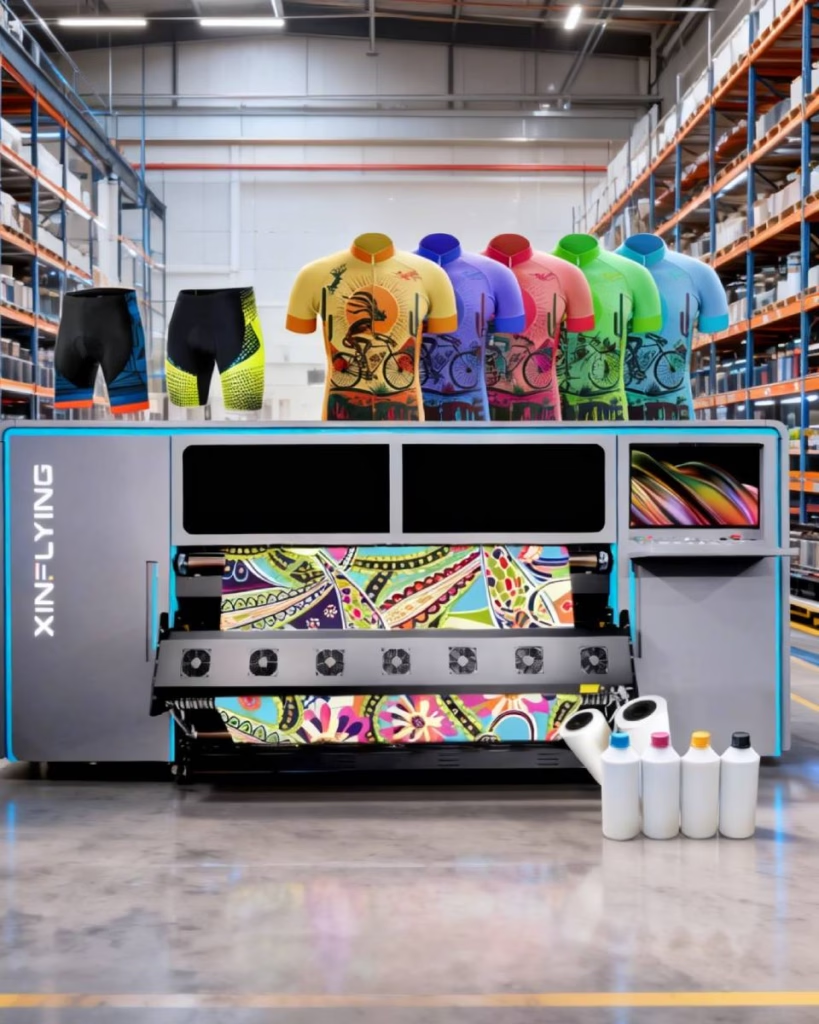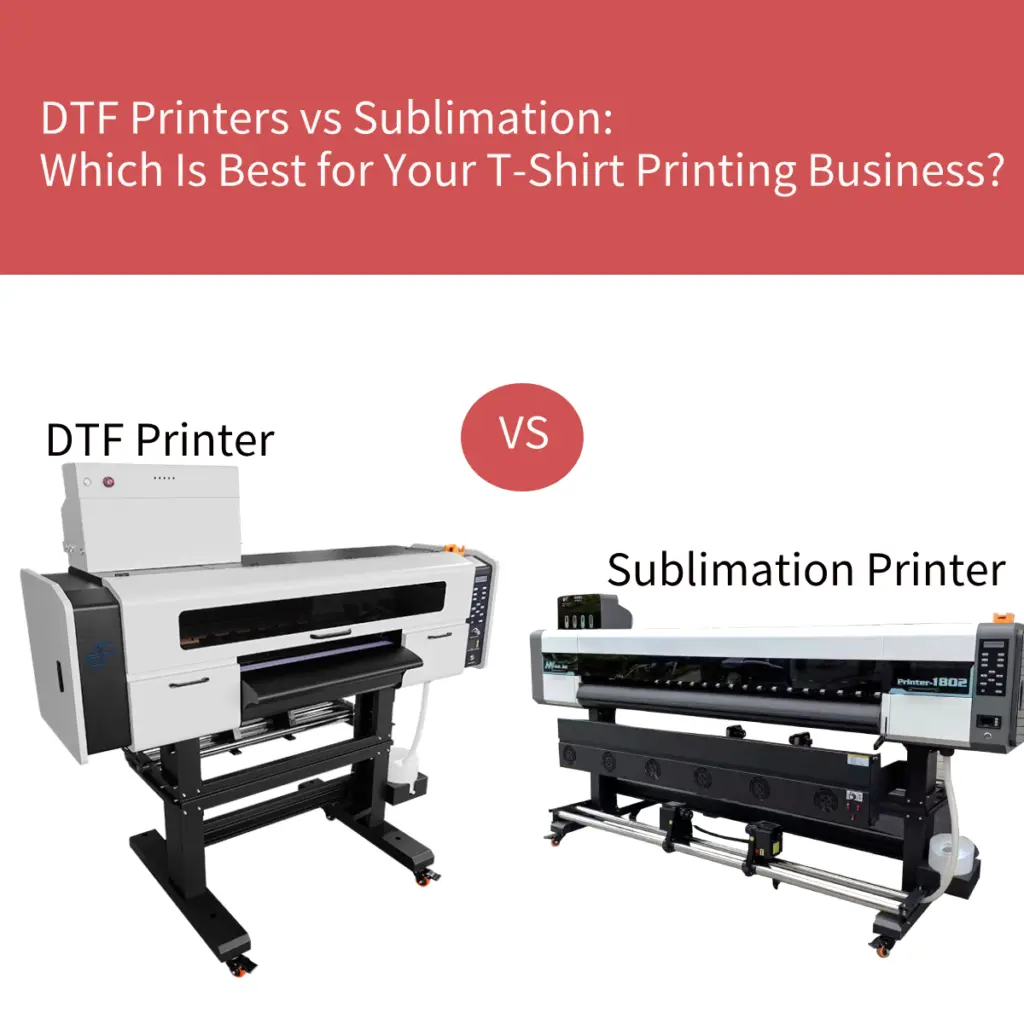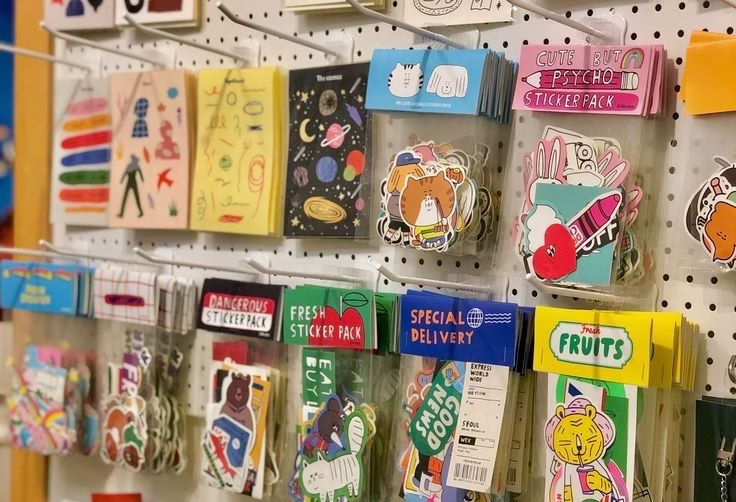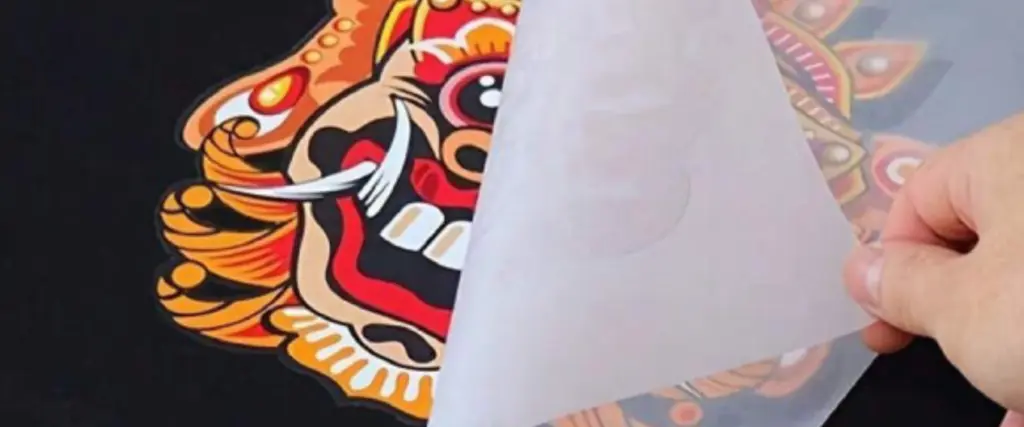Dalam beberapa tahun kebelakangan ini, Industri DTF telah mengalami pertumbuhan dan kemajuan yang luar biasa, menjadikannya pilihan yang popular untuk pereka fesyen, jenama, dan perniagaan mencari lestari dan Penyelesaian Percetakan Berkualiti Tinggi. Dalam catatan blog ini, Kami akan meneroka banyak manfaat menggunakan serbuk cair panas DTF dan memperoleh pandangan berharga dalam aplikasinya di pelbagai industri. Selain itu, Kami akan memberikan petua praktikal untuk memaksimumkan potensi serbuk pelekat DTF untuk mencapai hasil yang luar biasa dalam usaha percetakan anda.
Apakah serbuk cair panas DTF?

Serbuk cair panas DTF, juga dikenali sebagai serbuk DTF, adalah komponen penting dalam DTF (Terus ke Filem) proses percetakan. Ia adalah serbuk pelekat cair panas khusus yang diperbuat daripada resin poliester, warna, dan bahan tambahan lain. Serbuk unik ini memainkan peranan penting dalam memastikan kejayaan pemindahan reka bentuk ke pelbagai kain dengan lekatan dan ketahanan yang luar biasa.
Komposisi serbuk cair panas DTF termasuk resin poliuretana, yang menjadi serbuk pelekat. Perumusan ini menawarkan sifat ikatan yang luar biasa apabila digunakan menggunakan mesin akhbar haba profesional. Fleksibiliti serbuk ini meluas ke aplikasinya pada pelbagai jenis kain, menjadikannya pilihan yang ideal untuk pelbagai keperluan percetakan.
Faedah menggunakan serbuk cair panas DTF
Serbuk cair panas DTF menawarkan banyak kelebihan, menjadikannya komponen yang sangat diperlukan dalam proses percetakan DTF. Mari kita meneroka manfaat yang luar biasa bahawa serbuk pelekat cair panas ini dibawa ke alam percetakan tekstil.
Menyediakan cetakan bertenaga dan tahan lama
Penggunaan serbuk cair panas DTF memastikan bahawa mencetak menunjukkan ketahanan dan ketahanan yang luar biasa. Percetakan DTF menawarkan banyak faedah dari segi kualiti cetak dan panjang umur, dengan cetakan dianggap sangat tahan lama, licin, elastik, tahan retak, dan mampu mengendalikan penggunaan berat. Ini disebabkan oleh sifat pelekat serbuk, yang mengikat dakwat dengan tegas ke kain, menghasilkan reka bentuk yang tahan lama dan menarik.
Meningkatkan ketepuan dan perincian warna
Salah satu kelebihan utama serbuk pemindahan untuk DTF adalah keupayaannya untuk meningkatkan ketepuan warna dan butiran halus dalam reka bentuk bercetak. Pemindahan DTF melibatkan reka bentuk percetakan ke filem haiwan kesayangan menggunakan dakwat berasaskan air dan pengikat serbuk khas. Hasilnya adalah cetakan kualiti yang mengagumkan dengan perincian yang kaya dan warna yang bersemangat. Keupayaan peningkatan ini membolehkan butiran rumit dan warna -warna cerah diterbitkan dengan tepat dengan kejelasan yang luar biasa, Meningkatkan daya tarikan visual keseluruhan cetakan tekstil.
Keberkesanan kos
Sebagai tambahan kepada faedah estetiknya, serbuk pelekat cair panas juga menyumbang kepada keberkesanan kos dalam proses percetakan tekstil. Dengan meminimumkan pembaziran dakwat dan memastikan proses pemindahan yang cekap, DTF Hot Melt Powder menawarkan penyelesaian ekonomi untuk keperluan percetakan tekstil. Tambahan pula, Ketahanannya mengurangkan keperluan untuk mencetak semula yang kerap, membawa kepada penjimatan kos yang ketara dari masa ke masa.
Fleksibiliti dalam aplikasi
Aplikasi serbuk cair panas DTF meliputi pelbagai keperluan percetakan spektrum, mempamerkan fleksibiliti dan kebolehsuaiannya yang luar biasa. Serbuk pelekat cair panas ini berfungsi sebagai komponen penting dalam DTF (Terus ke Filem) proses percetakan, Menawarkan beberapa kelebihan melalui kaedah pemindahan tradisional.
Cara menggunakan serbuk cair panas DTF
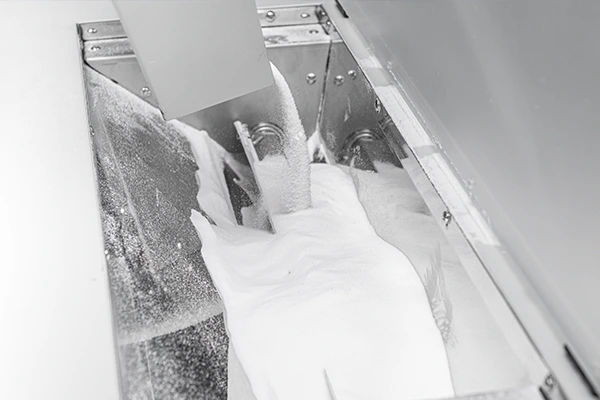
Proses permohonan DTF serbuk cair panas melibatkan beberapa langkah penting untuk memastikan hasil yang tepat dan konsisten. Untuk bermula, Adalah penting untuk mencetak reka bentuk pada filem DTF menggunakan dakwat berasaskan air, Membuat imej yang bersemangat dan terperinci bersedia untuk dipindahkan. Setelah reka bentuk dicetak, Langkah seterusnya melibatkan penggunaan lapisan bahkan serbuk pelekat cair panas di seluruh kawasan bercetak.
Memilih serbuk cair panas DTF yang betul
Memilih serbuk cair panas DTF yang betul adalah penting untuk mencapai hasil terbaik dalam projek percetakan anda. Berikut adalah beberapa faktor yang perlu dipertimbangkan semasa memilih serbuk cair panas DTF:
- Keserasian dengan pencetak anda: Pastikan untuk memilih serbuk cair panas DTF yang serasi dengan model pencetak khusus anda. Beberapa serbuk direka untuk jenama atau model pencetak tertentu, Oleh itu, pastikan untuk memeriksa spesifikasi produk untuk memastikan keserasian.
- Keserasian kain: Pertimbangkan jenis kain yang akan anda cetak, kerana tidak semua serbuk cair panas DTF sesuai untuk semua jenis kain. Sebilangan serbuk mungkin berfungsi lebih baik pada kain poliester, sementara yang lain mungkin direka untuk kapas atau campuran. Pilih serbuk yang sesuai untuk kain yang akan anda gunakan.
- Intensiti warna dan ketegangan: Cari serbuk cair panas DTF yang memberikan warna bertenaga dan tahan lama. Semak ulasan dan sampel pelanggan untuk memastikan bahawa serbuk menyampaikan keamatan warna yang anda mahukan.
- Kemampuan dan ketahanan: Pertimbangkan kebolehbaburan dan ketahanan serbuk cair panas DTF. Serbuk berkualiti tinggi harus dapat menahan pelbagai kitaran mencuci tanpa pudar atau mengupas.
- Kemudahan penggunaan: Pilih serbuk cair panas DTF yang mudah digunakan dan menghasilkan hasil yang konsisten. Cari serbuk yang mudah digunakan dan diedarkan secara merata pada kertas pemindahan.
- kos: Bandingkan harga serbuk cair panas DTF yang berbeza untuk mencari produk yang sesuai dengan anggaran anda semasa masih memenuhi keperluan kualiti dan prestasi anda.
Perbezaan antara serbuk DTF hitam dan serbuk DTF putih
Ketika datang untuk memilih serbuk cair dtfhot yang tepat untuk keperluan percetakan anda, Memahami perbezaan antara serbuk hitam dan putih adalah penting. Setiap variasi menawarkan sifat unik yang disesuaikan dengan jenis kain tertentu, warna, dan hasil yang diinginkan.
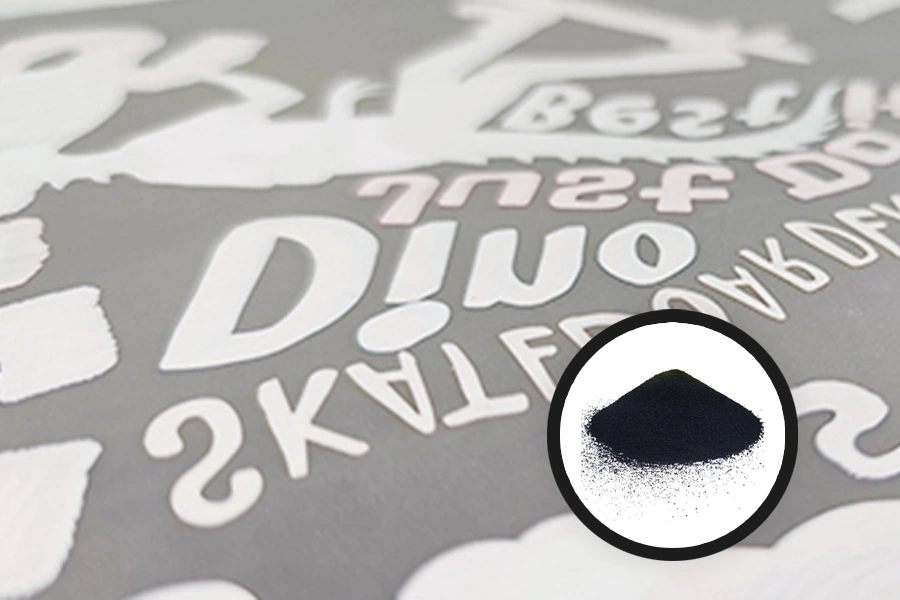
Serbuk DTF hitam
Hitam Serbuk DTF direka secara khusus untuk pakaian berwarna gelap atau kain di mana lekatan yang kuat adalah kritikal. Ia menawarkan rintangan regangan yang luar biasa, sifat kalis air, dan rintangan mencuci yang sangat baik -menjadikannya sesuai untuk mengekalkan integriti cetak walaupun selepas mencuci atau cucian kering berulang. Permohonan hitam Serbuk DTF meliputi pelbagai keperluan percetakan spektrum, mempamerkan kepelbagaiannya yang luar biasa dalam menangani cabaran yang berkaitan dengan memindahkan reka bentuk ke kain gelap.
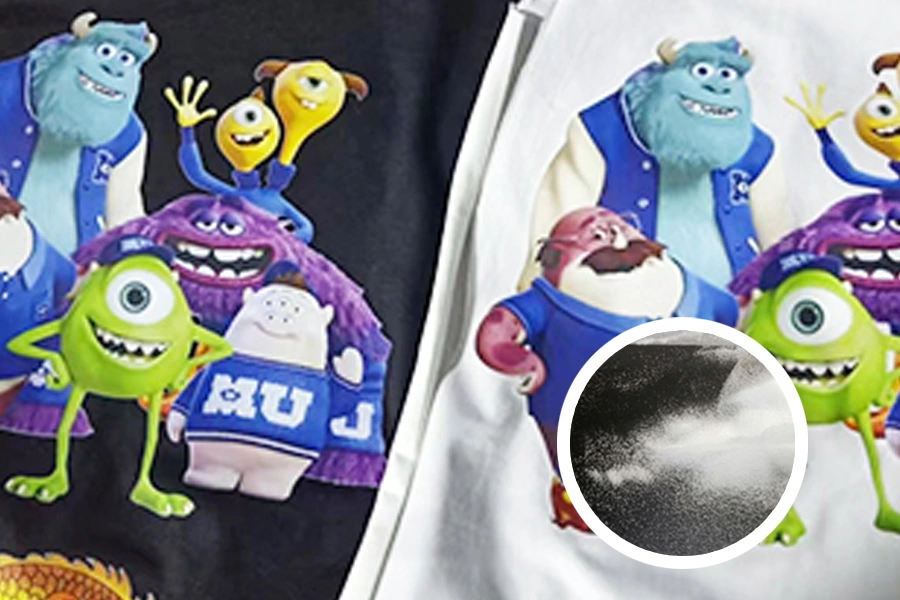
Serbuk DTF putih
Sebaliknya, putih Serbuk DTF dirumuskan dengan 100% Polyurethane kemelut tinggi, menyediakan keupayaan ikatan yang luar biasa sambil mengekalkan fleksibiliti. Serbuk pelekat sederhana premium ini berfungsi sebagai komponen penting dalam mencapai cetakan bertenaga dan tahan lama pada pakaian berwarna terang. Keserasiannya dengan kain halus memastikan bahawa getaran warna dipelihara tanpa menjejaskan ketahanan atau rintangan mencuci. Sebagai tambahan kepada sifat pelekatnya, putih Serbuk DTF Menyumbang untuk meningkatkan ketepuan warna dan butiran halus dalam reka bentuk bercetak.
Petua untuk mencapai hasil yang optimum dengan serbuk cair panas DTF
Ketika datang untuk menggunakan DTF serbuk cair panas dengan berkesan, Terdapat beberapa petua penting untuk dipertimbangkan yang boleh memberi kesan yang signifikan kepada kualiti dan ketahanan cetakan tekstil anda.
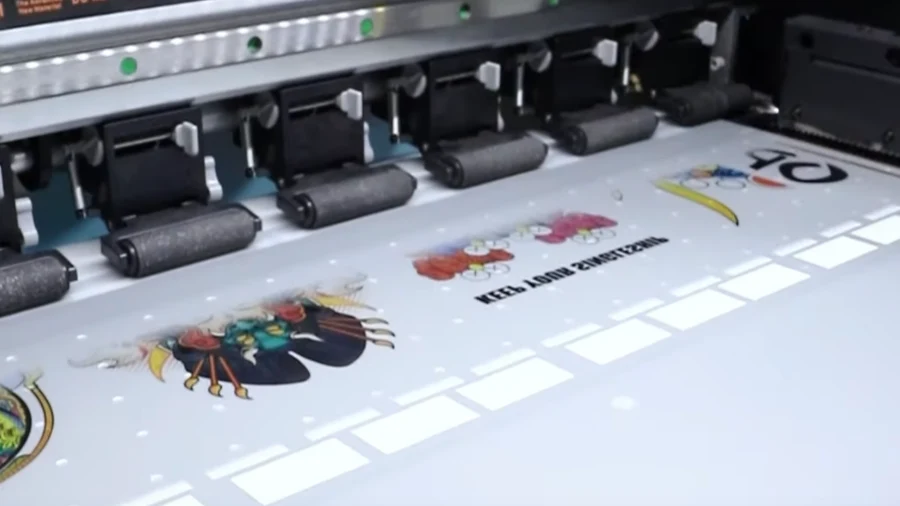
- Gunakan jenis kain yang betul: Tidak semua kain sesuai untuk percetakan DTF dengan serbuk cair panas. Pastikan menggunakan kain yang mempunyai kandungan poliester yang tinggi, kerana mereka secara amnya memberikan hasil yang terbaik.
- Pastikan tetapan tekan haba yang betul: Mesin akhbar haba yang berbeza mempunyai tetapan yang berbeza, Oleh itu, pastikan untuk mengikuti garis panduan pengeluar untuk hasil terbaik. Lazimnya, suhu sekitar 320-330 ° F dan masa mendesak 15-20 Seconds disyorkan.
- Gunakan jumlah serbuk cair panas yang betul: Penting untuk tidak keterlaluan dengan serbuk cair panas, terlalu banyak yang boleh menyebabkan reka bentuk menjadi kabur atau diputarbelitkan. Ikuti garis panduan yang disyorkan untuk jumlah serbuk untuk digunakan untuk hasil yang optimum.
- Pastikan pengedaran serbuk: Pastikan untuk menyebarkan serbuk cair panas secara merata di seluruh reka bentuk, Menggunakan squeegee atau berus untuk memastikan semua kawasan dilindungi. Ini akan membantu mencipta cetakan yang lancar dan segar.
- Benarkan masa penyejukan yang mencukupi: Setelah menekan reka bentuk, Benarkan kain untuk menyejukkan sepenuhnya sebelum mengeluarkan kertas pemindahan. Ini akan membantu menetapkan reka bentuk dengan betul dan menghalang sebarang smudging atau smearing.
- Uji reka bentuk dan tetapan yang berbeza: Mungkin mengambil percubaan dan kesilapan untuk mencari tetapan yang sempurna untuk reka bentuk dan kain khusus anda. Eksperimen dengan reka bentuk yang berbeza, suhu, dan menekan masa untuk mencapai hasil yang terbaik.
- Pertimbangkan teknik pasca pemprosesan: Setelah dicetak dengan serbuk cair panas DTF, Pertimbangkan menggunakan teknik pasca pemprosesan seperti pengawetan haba atau mencuci untuk meningkatkan lagi ketahanan dan panjang umur reka bentuk.
Kesimpulan
Kesimpulannya, Serbuk cair panas DTF berfungsi sebagai komponen yang sangat diperlukan dalam proses percetakan DTF, Memainkan peranan penting dalam memindahkan reka bentuk bertenaga dan tahan lama ke pelbagai bahan. Terdiri daripada resin poliester, warna, dan bahan tambahan lain, Serbuk pelekat yang boleh dicetak ini menawarkan fleksibiliti yang luar biasa dalam aplikasi, menjadikannya sesuai untuk kapas, poliester, dan juga bahan kulit.
Tertarik dengan keajaiban teknologi DTF? Sertailah kami dalam meneroka penyelesaian yang lebih inovatif untuk usaha percetakan anda!

